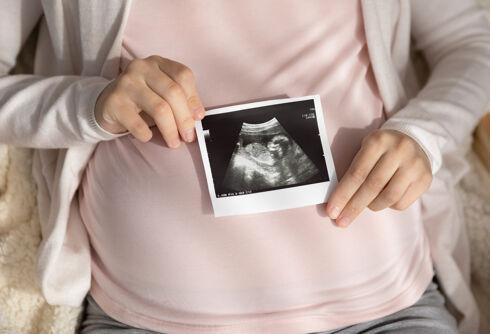The omission of bi-national same-sex couples from recent guidance from the Obama administration is troubling advocates who fear the omission may mean LGBT families won’t be covered under new immigration policy.
 The Department of Homeland Security issued guidance on Thursday to attorneys with U.S. Immigration & Customs Enforcement detailing which undocumented immigrants could be deemed a low priority and taken out of the deportation pipeline.
The Department of Homeland Security issued guidance on Thursday to attorneys with U.S. Immigration & Customs Enforcement detailing which undocumented immigrants could be deemed a low priority and taken out of the deportation pipeline.
The guidance is the result of the announcement from the Obama administration in August that it will conduct a case-by-case review of about 300,000 undocumented immigrants facing possible deportation. Those who have been convicted of crimes or pose a security risk will be a higher priority for deportation, while those who are deemed lower priority will be taken out of the pipeline.
Administration officials have said they’ll weigh a person’s ties and contributions to the community and family relationships in considering which immigrants are low priority, and these criteria would be inclusive of LGBT families.
Never Miss a Beat
Subscribe to our newsletter to stay ahead of the latest LGBTQ+ political news and insights.
According to The New York Times, the process for determining which immigrants could be taken out of the deportation pipeline began on Thursday.
But in the guidance spelling out the details for this review, no mention of immigrants who are in same-sex relationships with U.S. citizens is enumerated among the categories of people who are listed as those who could be considered low priority.
Categories that are identified as low priority include immigrants who had enlisted in the armed forces or those who came to the United States under the age of 16 and are pursuing a college degree. Such immigrants would be eligible for citizenship under passage of the DREAM Act.
Other categories deemed low priority are those who older than age 65 and have lived in the country for more than 10 years and those who have been the victim of domestic violence.
Steve Ralls, spokesperson for Immigration Equality, said the lack of explicit mention of bi-national same-sex couples “isn’t just deeply disappointing; it is also detrimental to LGBT immigrants and their American spouses and partners.”
“By declining to address, in writing, the unique circumstances surrounding those couples, DHS has left too much room for interpretation and left too many couples vulnerable to separation,” Ralls said. “There is no justifiable reason for exclusionary guidelines, and every reason to be explicit in clarifying that the administration believes LGBT Americans should not be forced apart from their husbands and wives.”
Despite the lack of explicit mention, the guidance identifies as another low category an undocumented immigrant “who has a very long-term presence in the United States, has a immediate family member who is a United States citizen, and has established compelling ties and made compelling contributions to the United States.” An immigrant in a same-sex relationship with a U.S. citizen may qualify in this category.
Ralls acknowledged that DHS may intend for bi-national same-sex couples to fall into this category, but said the language is too vague to ensure protections.













